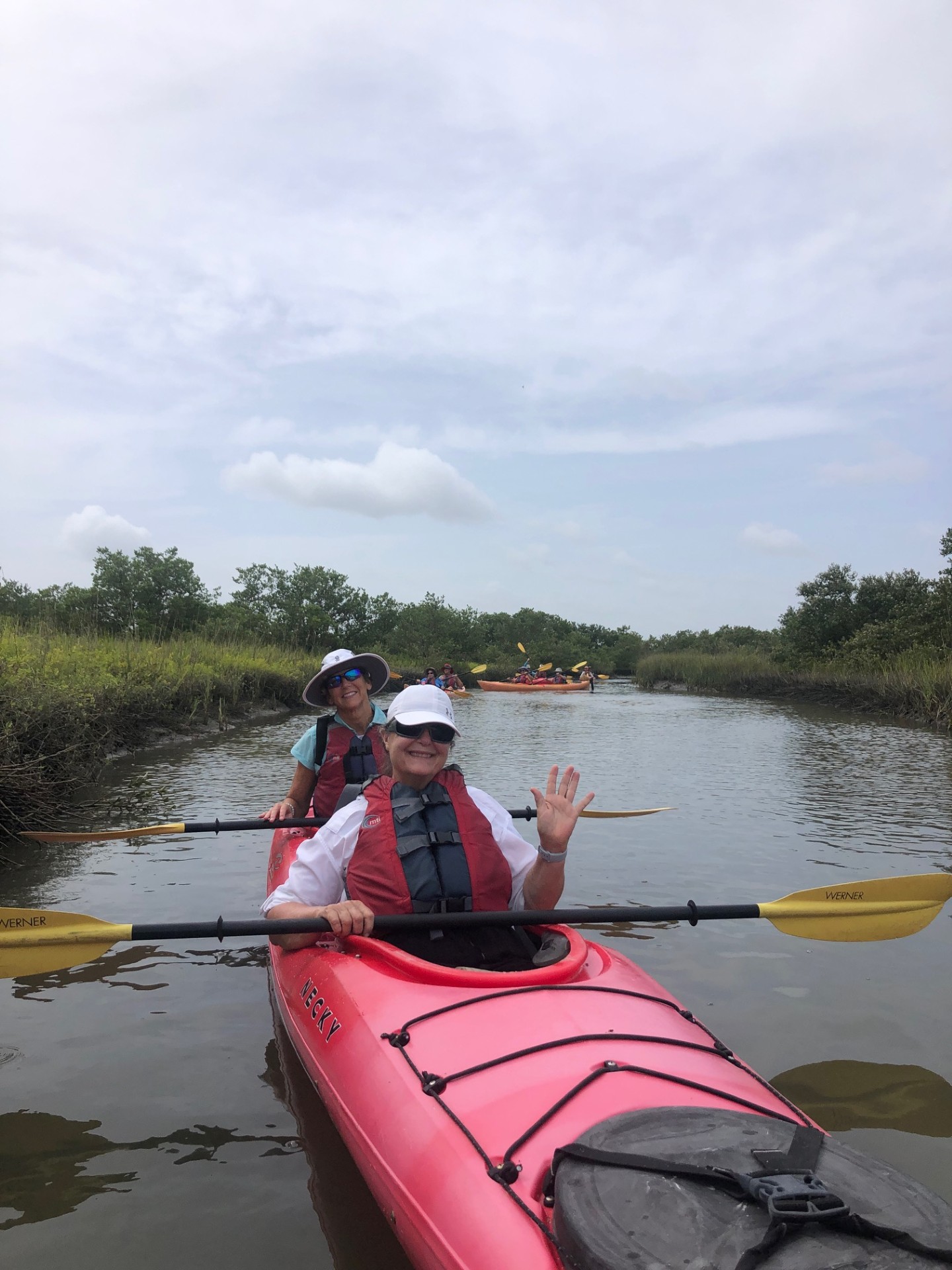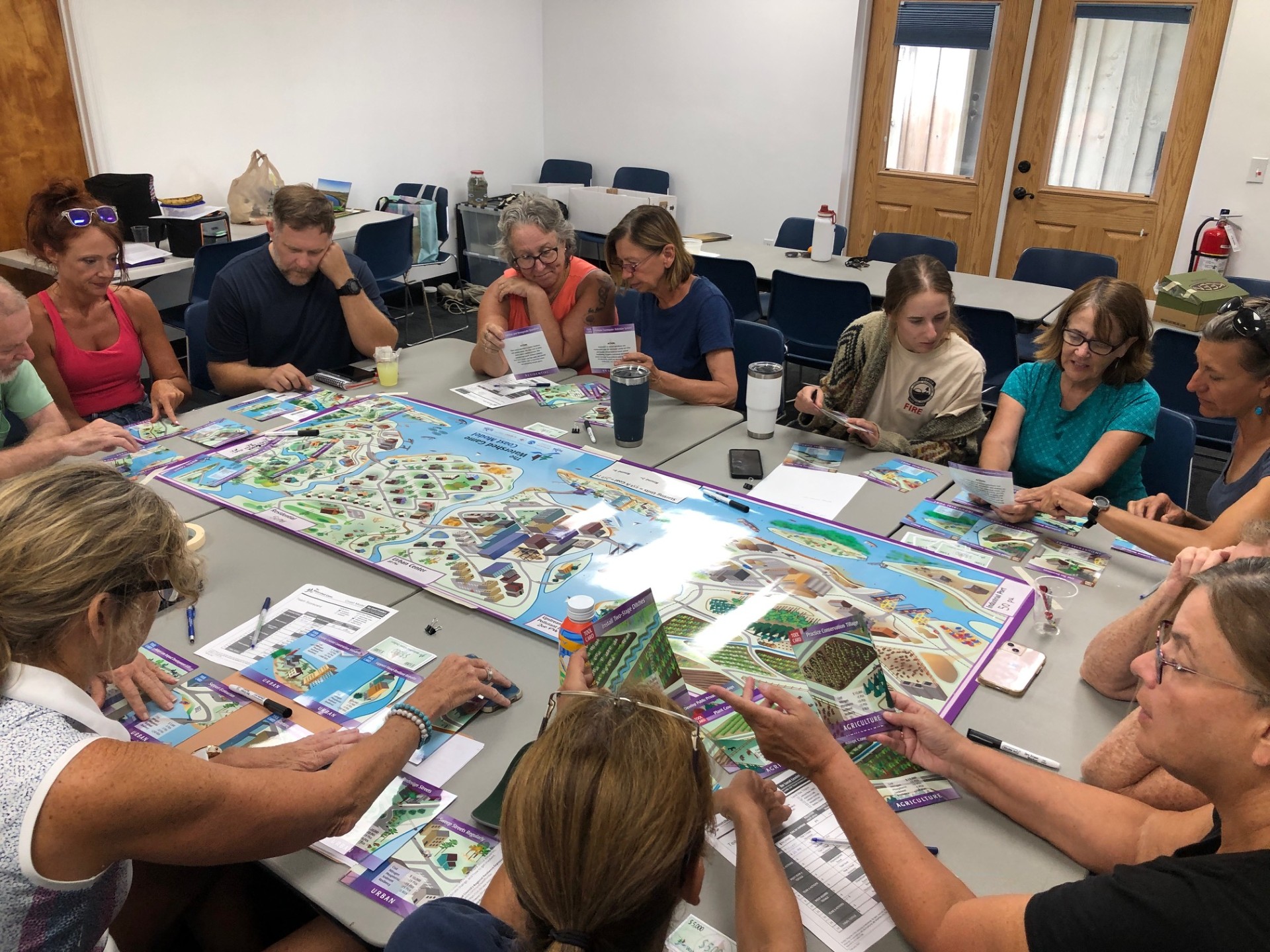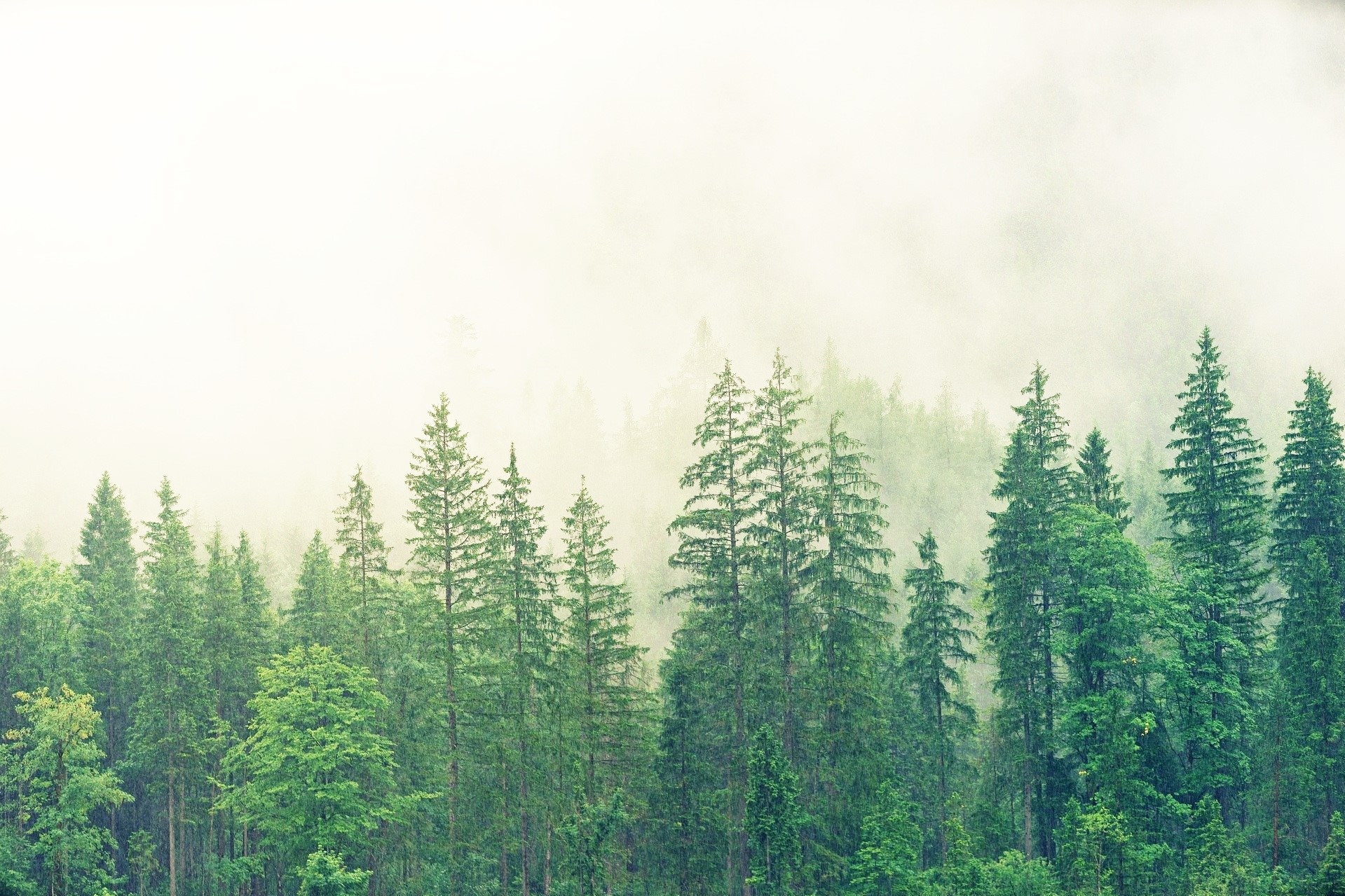Summer Camp isn’t Just for the Kids
By Carolyn Kovacs
University of Florida IFAS
This summer, Sea Grant Agent with UF/IFAS Extension Flagler and Volusia Counties Carolyn Kovacs partnered with the Guana Tolomato Matanzas National Estuarine Research Reserve (GTM NERR) to offer an “Adult Coastal Camp” in the southern boundary of the GTM NERR, which is comprised of several county and state parks in Flagler County. The program came about after a need was identified by the GTM NERR Management Advisory Group for education of residents in this southern boundary of the NERR. The partnership between the GTM NERR and Extension provided a beneficial opportunity to engage locals in place-based learning that incorporated research-based data from the GTM NERR.
 Twenty-two adults participated in one of two three-day programs offered in July. These programs engaged participants in classroom-based learning as well as outdoor activities at several sites within the reserve. Some program highlights including learning estuarine and dune plant identification in the field, paddling through the reserve via kayak to get up close and personal with the estuary, and putting on the hat of various community stakeholders and working together to reduce nitrogen levels in the scenario-based Watershed Game for Local Leaders - Coast Model.
Twenty-two adults participated in one of two three-day programs offered in July. These programs engaged participants in classroom-based learning as well as outdoor activities at several sites within the reserve. Some program highlights including learning estuarine and dune plant identification in the field, paddling through the reserve via kayak to get up close and personal with the estuary, and putting on the hat of various community stakeholders and working together to reduce nitrogen levels in the scenario-based Watershed Game for Local Leaders - Coast Model.
The purpose of this program was to engage residents in marine and coastal education to improve their appreciation and understanding of our estuaries and coastal ecosystems, the functions they serve, and how we can help conserve them. In addition, we aimed for participating residents to become confident in speaking about their local estuary and coastal ecosystems to others, serving as nodes of engagement in their community.
 Participants reported a 42% knowledge gain of information related to marsh and mangrove habitats, water quality, and beach and dune ecosystems. They also reported a 27% increase in feeling connected to their local natural areas and a 31% increase in knowledge of how to protect these ecosystems. Many of the program participants interact with the public through volunteering as Master Gardeners within the Extension office, as docents at the GTM NERR, or even working as newly appointed park rangers. We are excited to follow up with these participants to see how they will be able to put their new knowledge to use as they educate others within their community.
Participants reported a 42% knowledge gain of information related to marsh and mangrove habitats, water quality, and beach and dune ecosystems. They also reported a 27% increase in feeling connected to their local natural areas and a 31% increase in knowledge of how to protect these ecosystems. Many of the program participants interact with the public through volunteering as Master Gardeners within the Extension office, as docents at the GTM NERR, or even working as newly appointed park rangers. We are excited to follow up with these participants to see how they will be able to put their new knowledge to use as they educate others within their community.


 Twenty-two adults participated in one of two three-day programs offered in July. These programs engaged participants in classroom-based learning as well as outdoor activities at several sites within the reserve. Some program highlights including learning estuarine and dune plant identification in the field, paddling through the reserve via kayak to get up close and personal with the estuary, and putting on the hat of various community stakeholders and working together to reduce nitrogen levels in the scenario-based Watershed Game for Local Leaders - Coast Model.
Twenty-two adults participated in one of two three-day programs offered in July. These programs engaged participants in classroom-based learning as well as outdoor activities at several sites within the reserve. Some program highlights including learning estuarine and dune plant identification in the field, paddling through the reserve via kayak to get up close and personal with the estuary, and putting on the hat of various community stakeholders and working together to reduce nitrogen levels in the scenario-based Watershed Game for Local Leaders - Coast Model. Participants reported a 42% knowledge gain of information related to marsh and mangrove habitats, water quality, and beach and dune ecosystems. They also reported a 27% increase in feeling connected to their local natural areas and a 31% increase in knowledge of how to protect these ecosystems. Many of the program participants interact with the public through volunteering as Master Gardeners within the Extension office, as docents at the GTM NERR, or even working as newly appointed park rangers. We are excited to follow up with these participants to see how they will be able to put their new knowledge to use as they educate others within their community.
Participants reported a 42% knowledge gain of information related to marsh and mangrove habitats, water quality, and beach and dune ecosystems. They also reported a 27% increase in feeling connected to their local natural areas and a 31% increase in knowledge of how to protect these ecosystems. Many of the program participants interact with the public through volunteering as Master Gardeners within the Extension office, as docents at the GTM NERR, or even working as newly appointed park rangers. We are excited to follow up with these participants to see how they will be able to put their new knowledge to use as they educate others within their community.